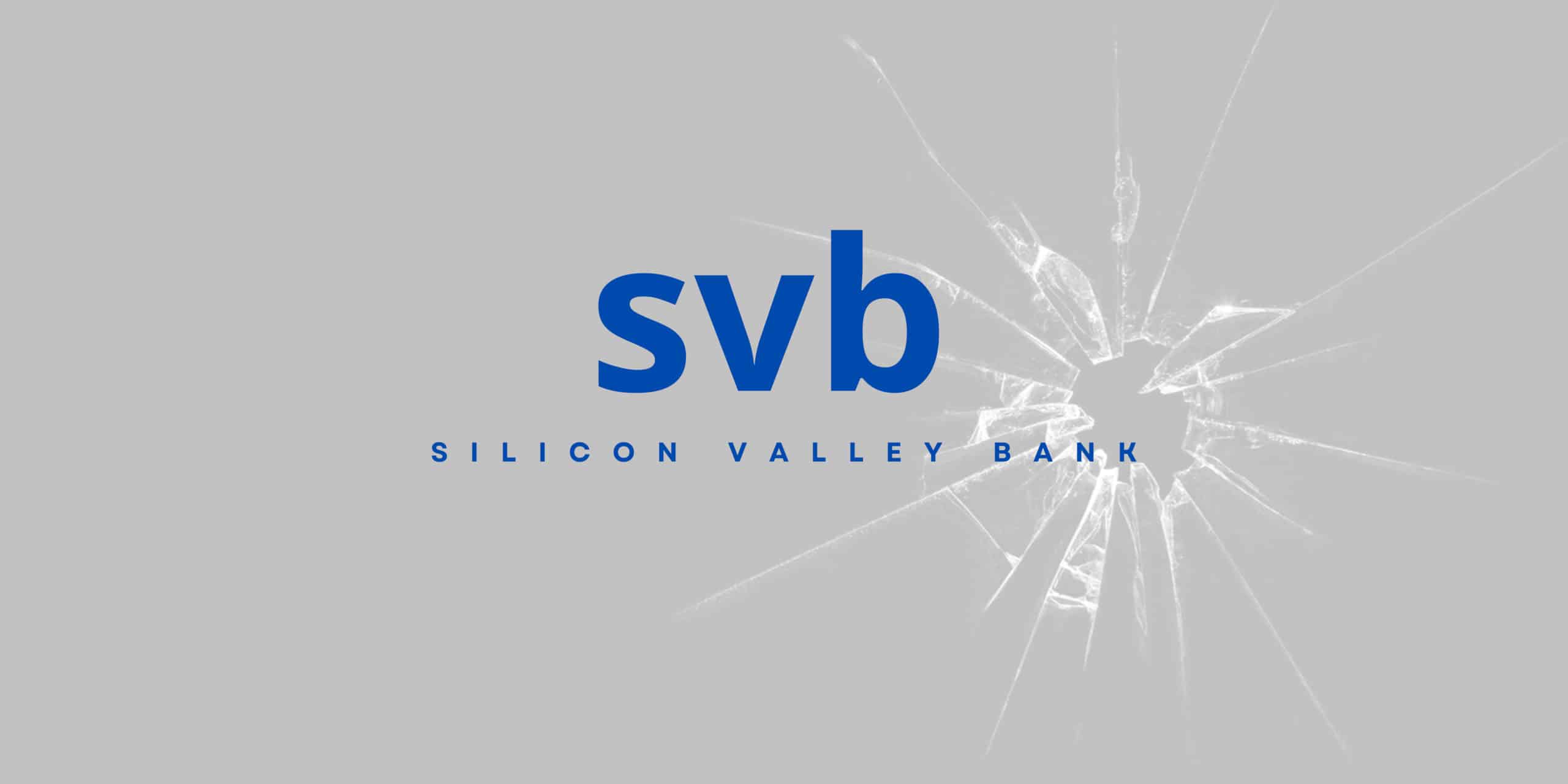
The COVID-19 pandemic has significantly impacted the financial industry, with numerous banks and financial institutions finding it difficult to survive in the wake of the recession.
One of the latest examples is Silicon Valley Bank (SVB), a US-based bank focused on providing financial services to technology startups, which collapsed on March 10.
SVB shares plunged more than 60 per cent after the bank said it planned to sell shares to raise capital after charging US$1.8 billion ($2.7 billion) in fees from the sale of some assets.
Its then-Chief Executive Officer, Gregory Baker, told top venture capitalists in Silicon Valley to “remain calm” amid concerns about a capital crunch that wiped out nearly $US10 billion from the bank’s market valuation. The SVB bank contagion has significant ripple effects on the banking industry, unemployment, and technology startups. In this blog, we will explore how these areas have been impacted.
Banking Sector
SVB is not the only bank that encountered such a huge loss; First Republic Bank, Western Alliance Bancorp, PacWest Bancorp, and Charles Schwab plunged 65.1%, 75.9%, and 41.0%, and 19%, respectively, after news of additional financing failed to reassure investors. Stock trading was also interrupted many times due to volatility.
It has also raised concerns about the overall health of the banking industry, particularly in the United States. The SVB bank, in particular, has faced significant losses due to its exposure to the startup sector, which has been hit hard by the pandemic.
The bank’s losses have led to questions about the effectiveness of its risk management practices and whether other banks may face similar issues.
As per an article published in Indian Express, “The abrupt closure of SVB Financial on Friday following a failed capital raising raised concerns about the risks to other banks from the Federal Reserve’s steepest rate hiking cycle since the early 1980s”. [3]
The situation with SVB has also highlighted the potential risks associated with banks’ heavy focus on lending to technology startups. While these companies can offer high potential returns, they can also be extremely volatile, as demonstrated by the current situation.
The situation with SVB has led to discussions about the need for greater diversification in bank lending portfolios and a more cautious approach to lending to the startup sector.
Unemployment and Challenges to Employees
The fallout from the troubled Silicon Valley Bank could adversely impact the job market, particularly in the venture capital, startup and cryptocurrency sectors where SVB was a prominent lender and banker.
A California lawmaker Scott Wiener, a member of the state’s senate, tweeted that an unnamed payroll processing company based in San Francisco, whose customers employ “tens of thousands” of workers, had banked with SVB.
The technology startup sector has been a significant source of job creation in recent years. However, the SVB bank contagion has led to concerns about the impact of the bank’s struggles on the startup sector and the broader economy.
The bank’s financial problems have raised questions about whether other startups may face similar challenges in securing financing.
If startup funding becomes more difficult to secure, it could significantly impact job creation in the sector. Additionally, if the contagion spreads to other banks, it could lead to a broader tightening of credit conditions that could impact employment across various sectors.
According to Y Combinator co-founder Paul Graham, “the incubator’s companies that bank with SVB have over a quarter of a million employees, roughly one-third of them headquartered outside of California. If they and other SVB customers face cash shortages or scale backexpansion plans, rent payments in many parts of the world may be delayed, and employees may no longer be able to buy coffee and lunches at the corner deli.”
Technology Startups
Finally, the SVB bank contagion has directly impacted technology startups. The bank has been a significant funding source for startups, particularly those focused on technology.
SVB serves over half of all venture-capital-funded businesses in the United States, and many of them invest in Australian startups, forming an interconnected web. Many who believe it has nothing to do with them may nonetheless face a reckoning due to the shock to the IT sector and its elite.
SVB’s 40,000 customers are largely tech companies—the bank serves almost half of all US startups—but those tech companies are woven into the fabric of daily life in the United States and beyond.
The bank’s financial troubles have made it more difficult for startups to secure financing, which could impact their ability to grow and innovate.
When Silicon Valley Bank collapsed on March 10, Garry Tan, president and CEO of startup incubator Y Combinator called SVB’s failure “an extinction-level event for startups” that “will set startups and innovation back by 10 years or more.”
The situation with SVB has highlighted the importance of diversifying startup funding sources. While banks can provide valuable funding, they should not be the only source of financing for startups. The situation with SVB has led to discussions about the need for greater investment in alternative financing options, such as venture capital, crowdfunding, other banks, and other private equity.
Conclusion
The SVB bank contagion has significant ripple effects on the banking industry, unemployment, and technology startups. While the situation is still unfolding, it highlights the need for greater caution and diversification in lending portfolios and the importance of alternative financing options for startups.
The impact of the transition on the wider economy will depend on how much it spreads to other banks and sectors. However, the incident also presents an opportunity for the industry to learn from its mistakes and become stronger and more resilient in the future. We hope to see a bright future for banking, employment and technology startups with the right measures.
References:
- https://www.abc.net.au/news/2023-03-22/svb-collapse-contagion-effect-tech-startups-funding-economy/102115606
- https://www.business-standard.com/article/current-affairs/svb-crisis-what-is-contagion-risk-and-is-it-expected-to-spread-to-india-123031300747_1.html
- https://indianexpress.com/article/business/wall-st-falls-svb-collapse-fuels-bank-contagion-fears-8494860/
- https://www.forbes.com/sites/jackkelly/2023/03/10/silicon-valley-banks-meltdown-could-fuel-widespread-job-losses/
- https://www.wired.com/story/silicon-valley-bank-collapse-fallout/
- https://economictimes.indiatimes.com/industry/banking/finance/banking/indian-banks-have-a-strong-case-to-not-bear-the-brunt-of-silicon-valley-bank-collapse/articleshow/98599580.cms



